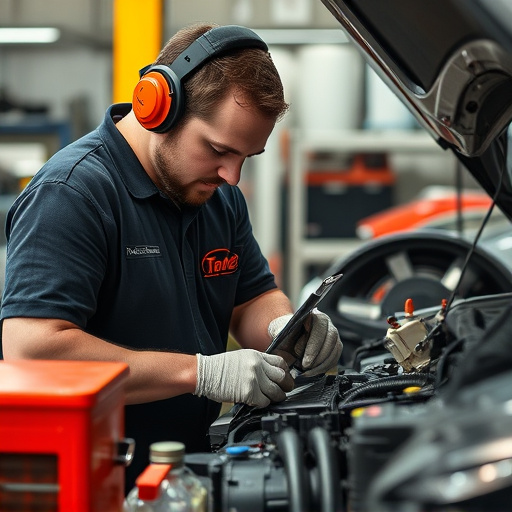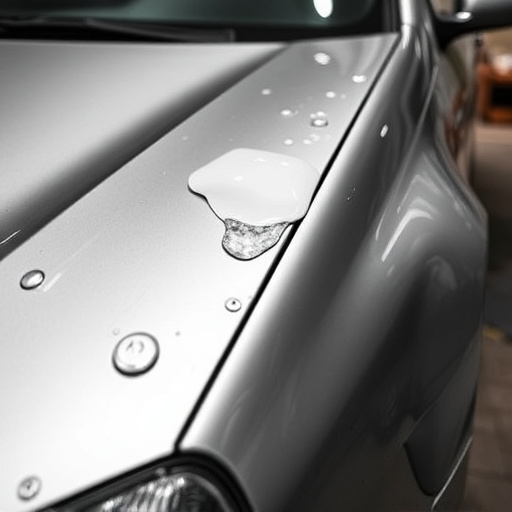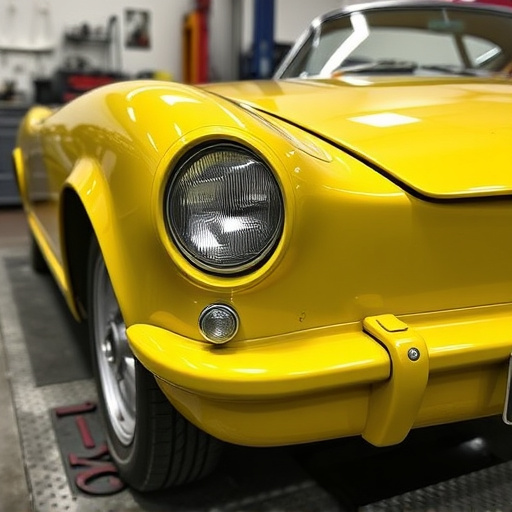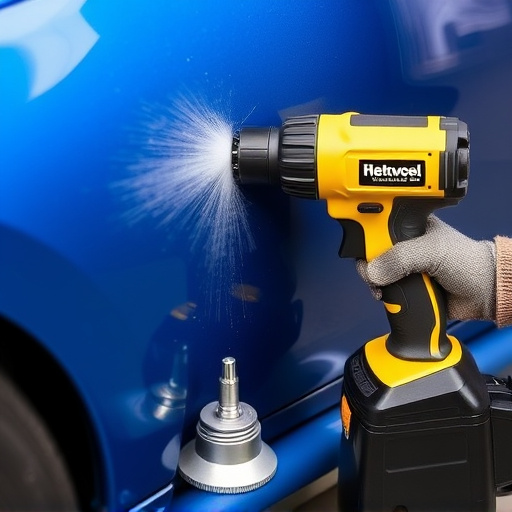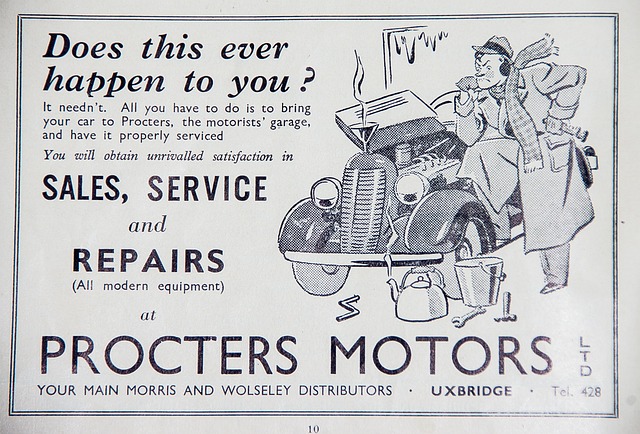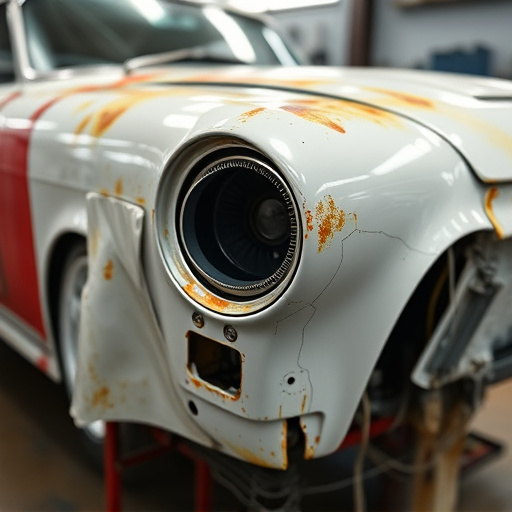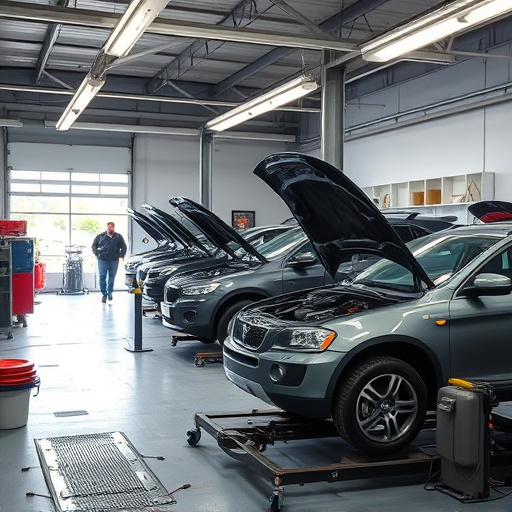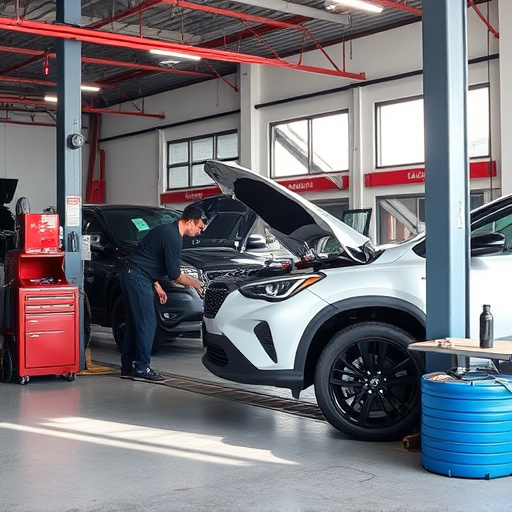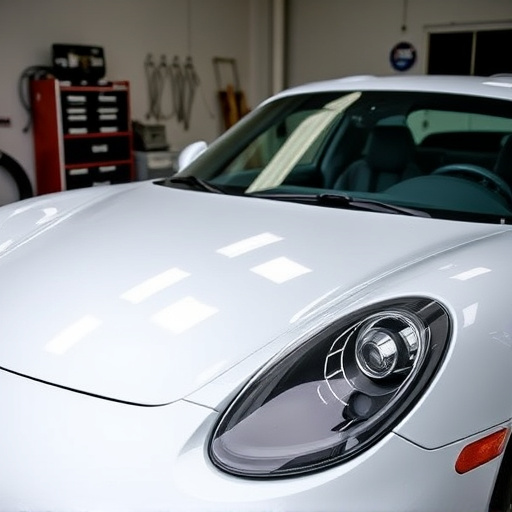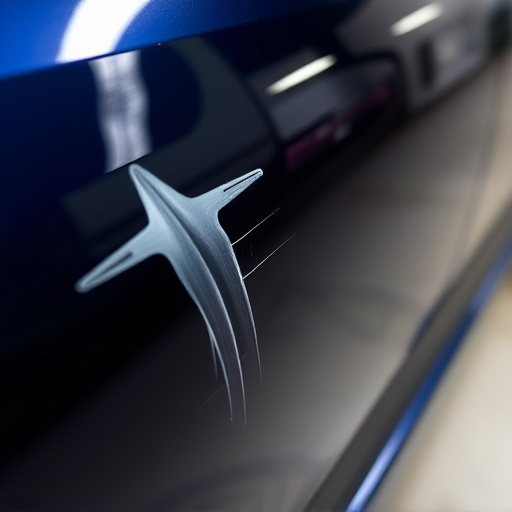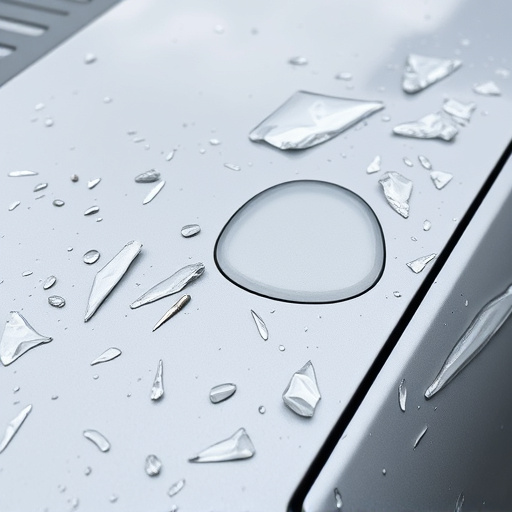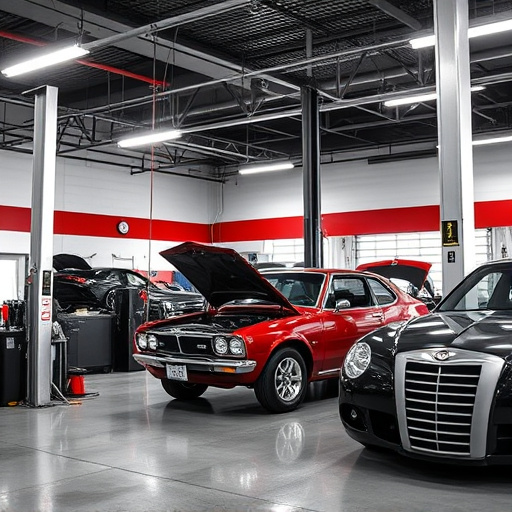Mercedes hybrid system repair demands specialized safety measures due to high-voltage components. Certified technicians in reputable body shops prioritize safe removal and replacement, adhering to strict protocols. This meticulous approach protects mechanics, restores vehicle performance, and offers owners a seamless eco-friendly experience. Specialized training, equipment, and knowledge are vital for effective and safe repairs, emphasizing the need for ongoing updates on hybrid technology advancements.
Mercedes hybrid system repair requires a deep understanding of its intricate components, with a particular focus on high-voltage systems. This article delves into the safety measures surrounding these components, offering a glimpse into the complex world of hybrid car maintenance. We explore the navigation of the repair process, emphasizing safe handling practices, and highlight best practices for technicians, including comprehensive training and specialized tools, ensuring optimal outcomes in Mercedes hybrid system repairs.
- Understanding Mercedes Hybrid System Components: A Glimpse into High-Voltage Safety
- Navigating the Repair Process: Ensuring Safe Handling of High-Voltage Parts
- Best Practices for Technicians: Comprehensive Training and Tools for Hybrid System Repairs
Understanding Mercedes Hybrid System Components: A Glimpse into High-Voltage Safety
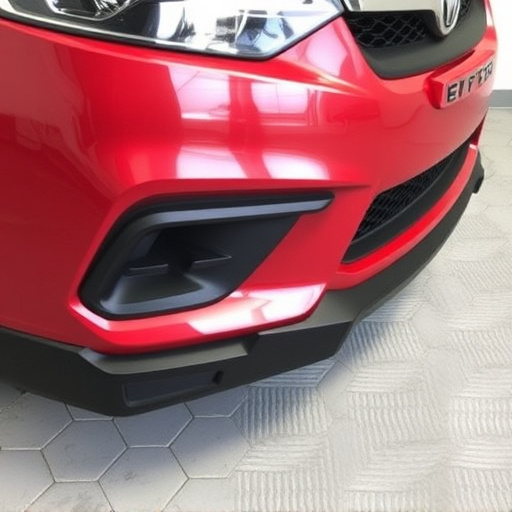
Mercedes hybrid systems are renowned for their cutting-edge technology, integrating electric motors with traditional internal combustion engines to enhance efficiency and performance. Understanding the intricacies of these systems is paramount when it comes to Mercedes hybrid system repair. At the heart of this innovation lies high-voltage technology, which requires specialized safety measures during any repair or service procedure.
The high-voltage components in a Mercedes hybrid system are designed to deliver powerful electrical currents for motor functionality and energy regeneration. These parts demand meticulous handling due to their potential hazards. Reputable body shop services and collision repair centers employing certified technicians will prioritize the safe removal and replacement of these components, ensuring that any repair work complies with strict safety protocols. This cautious approach not only safeguards mechanics but also guarantees a seamless return to peak vehicle performance for owners, restoring their vehicle restoration experience to its eco-friendly, efficient best.
Navigating the Repair Process: Ensuring Safe Handling of High-Voltage Parts
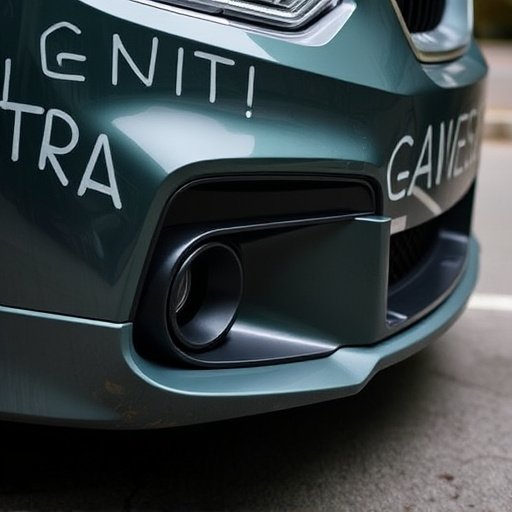
Navigating the repair process for a Mercedes hybrid system involves a critical focus on high-voltage component safety. Given the advanced nature of these systems, incorporating electric motors and batteries alongside conventional engines, specialized training and equipment are essential for auto repair shops handling such repairs. Technicians must be certified to work with high-voltage systems to ensure safe disassembly, diagnosis, and replacement of faulty components.
This meticulous approach extends beyond the workshop floor. When a vehicle arrives at a collision center after an accident, even minor dents or damage can pose risks related to the hybrid system’s electrical architecture. Therefore, skilled technicians perform thorough inspections, identifying potential vulnerabilities before initiating any repair work, including dent removal. This proactive safety measure is paramount in the complex world of Mercedes hybrid system repair.
Best Practices for Technicians: Comprehensive Training and Tools for Hybrid System Repairs
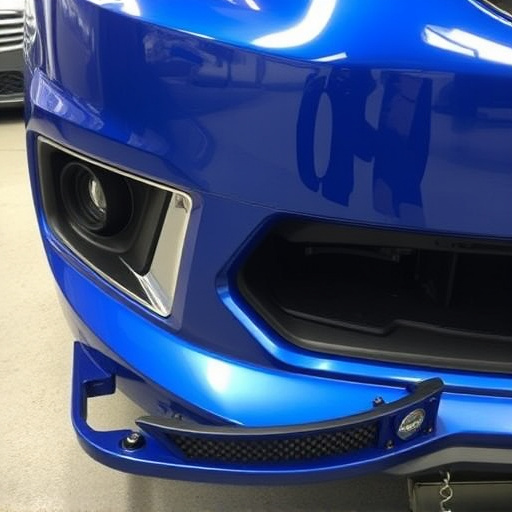
When it comes to Mercedes hybrid system repair, technicians need to be equipped with the best practices and tools to ensure safety and effectiveness. Comprehensive training is paramount as hybrid systems involve intricate high-voltage components that require specialized knowledge. Technicians should be adept at handling electrical risks and understanding the unique challenges posed by these advanced power trains. This includes learning about the specific safety protocols, diagnostic techniques, and repair procedures tailored to Mercedes hybrid vehicles.
Well-equipped workshops are essential for successful hybrid system repairs. Specialized tools designed for hybrid cars, such as high-voltage diagnostic scanners and precise cutting equipment, should be readily available. Moreover, a collision repair center that specializes in hybrid technology can offer state-of-the-art facilities and experienced staff capable of handling complex repairs. Car body shops should invest in ongoing training and stay updated with the latest advancements in Mercedes hybrid system repair to deliver top-notch services.
The intricate nature of Mercedes hybrid system repair underscores the importance of prioritizing high-voltage component safety. As explored in this article, understanding the unique dynamics of these systems and employing best practices are paramount. Technicians must receive comprehensive training and utilize specialized tools to navigate the repair process securely. By adhering to these guidelines, professionals can ensure efficient and safe Mercedes hybrid system repairs, maintaining the efficiency and performance of these advanced vehicles.
